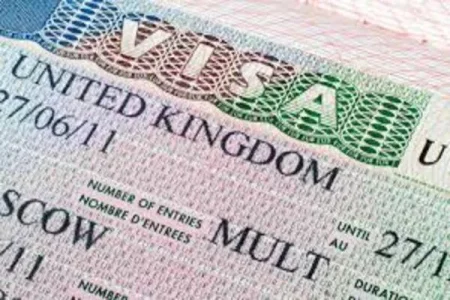
For many Nigerians and other Africans, the United Kingdom has long represented a land of opportunity, offering pathways to quality education, career advancement, and stability. But recent changes proposed in the UK’s Immigration White Paper have added uncertainty to that journey. The reforms aim to slash immigration figures by roughly 100,000 annually. While the numbers make headlines, it’s the personal stories behind them—students, families, and skilled workers—that reveal the deeper impact. What once felt like a clear route to a better life now seems strewn with hurdles.
Tougher Entry Barriers for Professionals
The updated rules now demand more from skilled worker visa applicants—higher academic qualifications and significantly increased salary thresholds. This shift may put essential roles in healthcare and other industries further out of reach for African professionals, despite ongoing demand in those sectors.
Closure of Care Worker Route
One of the most significant changes is the closure of the Social Care Worker visa for new applicants from abroad. This move affects a large number of Nigerians who had relied on that pathway to enter the UK job market. Existing visa holders will be allowed to switch or extend their status until 2028, but new access is effectively blocked.
Education Becomes More Costly and Competitive
International students from Nigeria and beyond will face a tighter post-graduation window—now limited to 18 months instead of two years. Universities are also subject to stricter enrolment and graduation benchmarks. These changes may reduce available slots for African students and potentially inflate costs due to new levies on foreign student fees.
Rising Employer Costs and Stricter Sponsorship Rules
The Immigration Skills Charge for UK employers has jumped by 32%, while the salary discount for roles on the shortage occupation list is being phased out. These financial and administrative pressures may discourage companies from sponsoring international hires, reducing job options for migrants.
Longer Road to Settlement
Migrants will now wait a decade, up from five years, before becoming eligible for permanent residency. Stricter language requirements also apply to both main applicants and dependents. Meanwhile, asylum seekers must meet more exacting criteria, making it even harder for those fleeing instability to find refuge.
This tightening of UK immigration policy reflects a political drive toward control and national labour development. Yet it overlooks the nuanced realities of global mobility. For many Nigerians, these shifts raise difficult questions: How do you adjust your life goals overnight? What happens when legal access becomes less about merit and more about privilege? These are not just policy changes—they’re deeply personal turning points.
Migration is more than movement—it’s a search for meaning, safety, and potential. As the UK redraws its boundaries, Africans with global ambitions are left to reconsider not just where they go next, but what dreams they can still afford to pursue. What does it mean when the door closes not for lack of effort, but for changing the rules?


